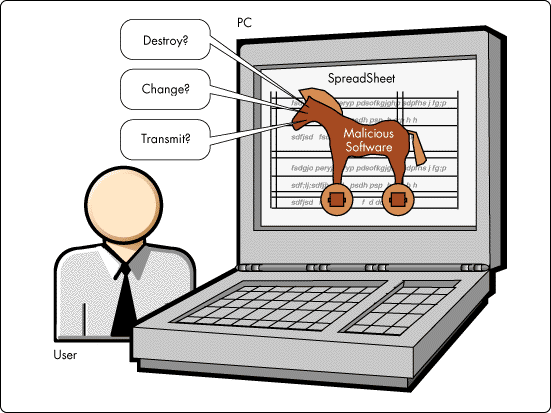Passwords – Best Practices and Tips
As we become more and more entrenched in a web-based society, passwords are a fact of life, and the more we expand our online dealings, the more passwords we must create, and keep track of. There are passwords to log on to our computers, to access the Internet, to install new programs, for our bank and other personal financial information, for email, and even for our routers that allow us to connect to the Internet wirelessly.

It is plain to see that there is some very sensitive information that we access on a daily basis, and the idea behind the password is to provide protection. Your passwords are the authentication needed to access your system and personal information. This is why creating strong, secure passwords is so important. You do not want to be vulnerable to having your information stolen because you had a weak password.
Some things do not come with password protection by default, and thus you will need to set it up in a variety of areas where password protection is not automatic Your wireless router does not necessarily come password protected, which means that anyone within range can access not only your wireless connection, but also information from your computer system. Check the user manual for your specific model to see how to protect your connection with a password.
A common new technology that is becoming more widely used is something referred to as a KVM switch. The KVM stands for keyboard, video, and mouse. What this technology allows you to do is to access, manipulate, and control multiple computers using only one keyboard, monitor, and mouse. This integrated technology is a boon to many who use and work on multiple computers, but as it connects multiple devices, it is even more important that you create and maintain strong passwords to prevent the compromise of your security.
Passwords can be a variety of things, they can be words, combinations of words and numeric characters, or even purely numerical. Your options for choosing a password are endless, but you want to make sure that while you create strong passwords. You also create passwords that you can remember – they don't do you any good if you can never remember what they are!
It is recommended that you create a unique password for each account, device, etc., that has password protection as an option. It is not a good idea to use one password for all password protection needs. If someone figures it out, they will have easy access to all your information. It is also recommended that you change your passwords regularly to ensure that they remain secure and safe. But keeping track of all these passwords can become quite a chore. However, NEVER save a list of your passwords on your computer. Experts suggest that you physically write them down on a piece of paper, kept in a secure, but easy to access location.
Many websites and even web browsers offer you the option of storing your passwords for certain sites. A lot of people like this feature, as they don't have to keep track of all their passwords and it makes logging into your accounts a lot faster. However, this information is stored on the web, where it is vulnerable to theft. While it may seem easier for you to have a website store your password, just remember, it is also easier for someone else to steal it. It is recommended that you avoid using this feature, especially when it comes to extremely sensitive information like bank account passwords.
Software that is utilized in the theft of passwords is becoming more and more sophisticated and the threats are real – some have had their bank accounts and other personal data hijacked, and the result has been a costly headache. Stay ahead of the curve of these thieves by using some common tips to create strong passwords that are more difficult to bypass. While no password is decode-proof, you can take steps to ensure that the passwords you create are as strong as possible so that your vital information is protected.
It is not recommended that you use anything personal for your password – no pet names, birthdays, favorite authors, etc. Basically, if it is a word that can be found in the dictionary, it is not a recommended password. Combination alphanumeric passwords are generally the strongest, especially if the numbers are found in the middle of the password. A password that is eight characters or longer is generally more difficult to decode, as is a completely numeric one, just avoid falling into common traps like making the password "12345678" or "12121212". Semi-random passwords are also more difficult to decode, so, for example, if you wanted to make a secure password out of "I have been married for 10 years", turn this into "ihbmf10y".
Use these tips and best practices to ensure that all your personal data is as secure as possible. While there is no way to create a password that is completely safe from manipulation, the above stated tips and hints will keep you better protected. By having strong passwords, unique to each account, and changing them regularly, you will be better protected in all your online dealings.

















